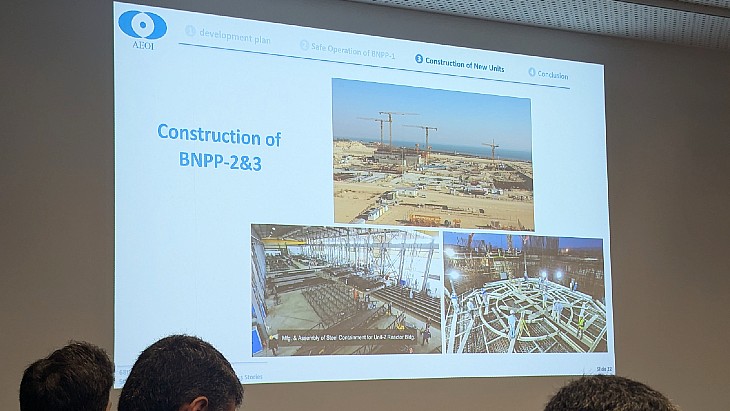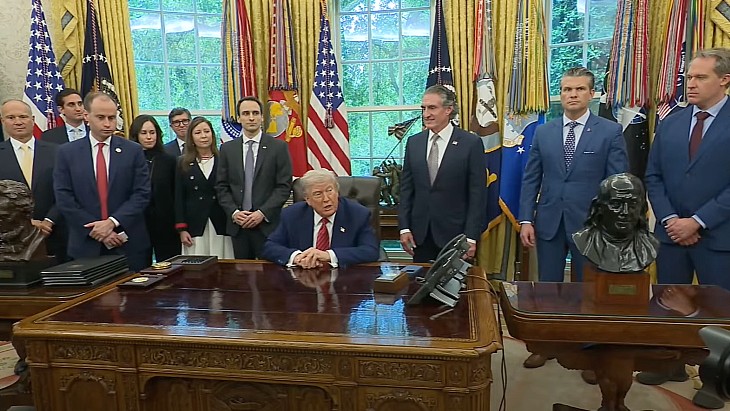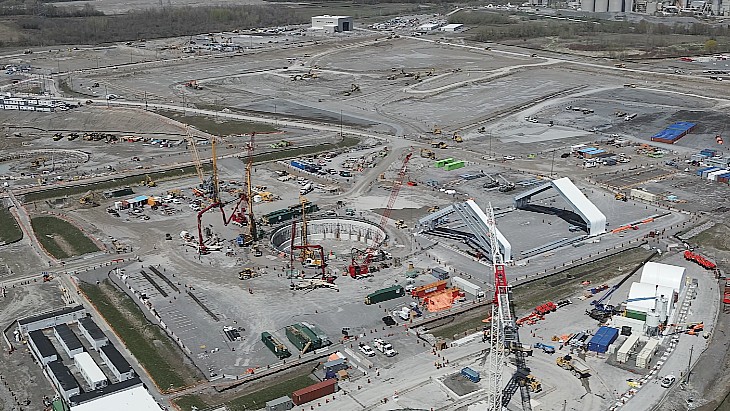Study to assess participation in Polish supply chain
.jpg)
The study - being carried out on behalf of Polskie Elektrownie Jądrowe (PEJ), in cooperation with Bank Gospodarstwa Krajowego - aims to determine the potential of the Polish industry for the needs of the nuclear power plant project in Pomerania, as well as solutions that meet the needs of companies related to participation in the investment, such as financial support systems or assistance in obtaining appropriate certificates.
PEJ said analysis of the study results will allow it to recognise the interest of Polish companies in participating in the process of building the first nuclear power plant in Pomerania and will indicate the tools necessary to participate in the planned supply chain.
Poland currently has large-scale plans to develop nuclear energy capacity. In September 2021, it was announced that six large pressurised water reactors with a combined installed capacity of 6-9 GWe could be built by 2040 as part of the country's plan to reduce its reliance on coal. According to the adopted schedule, the construction of the first nuclear power plant will start in 2026, with the first reactor - with a capacity of 1.0-1.6 GWe - being commissioned in 2033. Subsequent units will be implemented every 2-3 years. The coastal towns of Lubiatowo and Kopalino in Poland's Choczewo municipality in the province of Pomerania were named as the preferred location for the country's first large nuclear power plant.
In November 2022, the Polish government announced the first plant, with a capacity of 3750 MWe, will be built in Pomerania using AP1000 technology from the US company Westinghouse. An agreement setting a plan for the delivery of the plant was signed in May last year by Westinghouse, Bechtel and PEJ.
The Polish Economic Institute, a public economic think tank, in direct cooperation with the investor, PEJ, will examine the level of potential interest of Polish companies in getting involved in this process, and will also identify barriers that may hinder them. The analysis will be the basis for preparing profiled actions aimed at supporting interested companies and suppliers, so that they can participate competitively in the supply chain.
The study will be conducted in the form of a survey consisting of several dozen detailed questions. The survey is open to all companies interested in cooperation in the construction of a Polish nuclear power plant. The Polish Economic Institute, which has extensive analytical experience in the field of nuclear energy, will be responsible for its implementation and subsequent development of the results.
"The detailed study takes into account the specificity of the sector and was preceded by qualitative research and industry consultations," said Adam Juszczak from the Polish Economic Institute. "The current stage, the quantitative study, will allow us to collect detailed information and opinions from entrepreneurs in this industry, regardless of their size and the area in which they operate.
"We hope that the study will be met with a great response from Polish companies and that we will be able to create a possibly broad picture of the challenges facing Polish companies on the eve of launching this strategic investment and also estimate the potential participation of domestic entities in the entire process, taking into account international legal regulations."
"The investment we are implementing is a huge opportunity not only for the country, but also for many Polish entrepreneurs," said Leszek Juchniewicz, president of the management board of PEJ. "That is why we would like them to have the opportunity to participate in the supply chain for the entire nuclear project. For this purpose, we decided to examine their approach to business cooperation in this area. The study will help determine the current state of knowledge of Polish companies, their level of preparation for the investment, as well as possible barriers and limitations."
_92619.jpg)

_84504.jpg)








